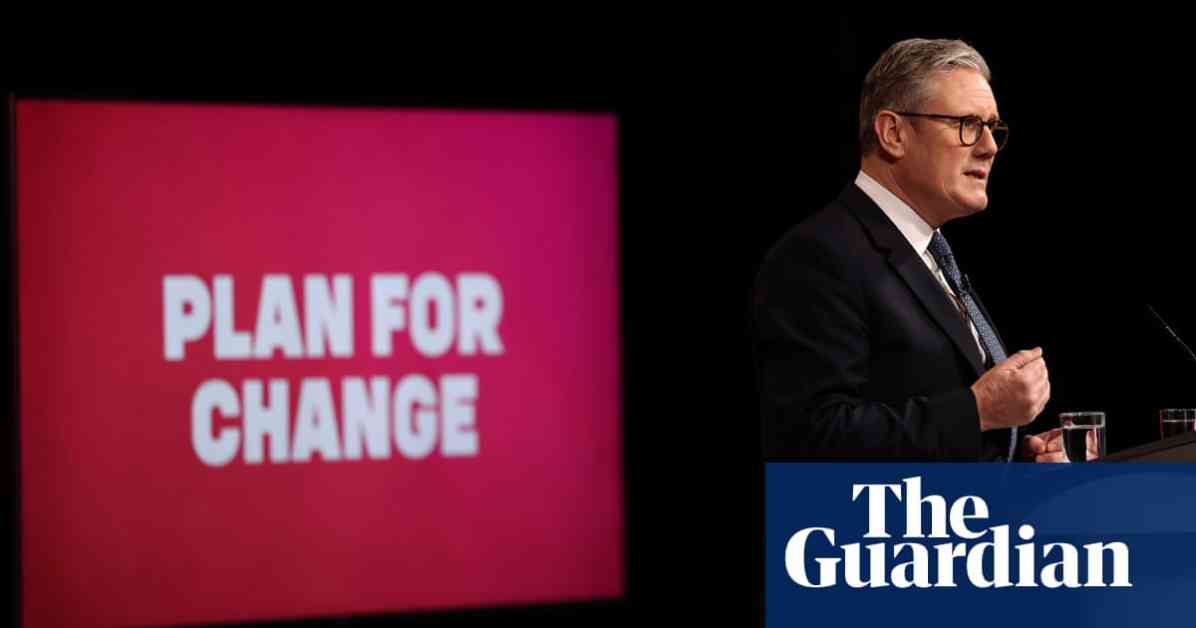Civil Servants Union Boss Condemns Starmer’s Criticism
The head of the senior civil servants’ union, Dave Penman, has taken a stand against Labour leader Keir Starmer’s recent comments, calling them “frankly insulting.” Penman, who leads the FDA union for senior civil servants, expressed his concerns in a letter to Starmer, urging him to reconsider his words.
What Prompted the Criticism?
Starmer had made a speech suggesting that civil servants were hindering reforms in public services and Whitehall. He used language that Penman likened to that of former US President Donald Trump, stating that “too many people in Whitehall are comfortable in the tepid bath of managed decline.” This statement did not sit well with Penman, who believed it was damaging and disrespectful to civil servants who have been tirelessly working to navigate through various challenges over the years.
Reactions and Responses
Some ministers within Starmer’s own party have expressed discomfort with his comments. Local government minister Matthew Pennycook stated that he had not observed civil servants being complacent, emphasizing that they share the government’s ambition and work diligently to bring about necessary changes.
On the other hand, Downing Street has voiced frustrations over the sluggish pace of reforms and changes within the government. Prime Minister Boris Johnson outlined a “plan for change” in a recent speech, setting concrete targets for improvement.
Calls for Reflection and Collaboration
Penman’s letter to Starmer urged the Labour leader to reflect on the impact of his words and to rebuild trust with civil servants. He emphasized that a strong partnership based on trust is crucial for successfully implementing any plan for change. Penman highlighted the challenges faced by civil servants over the years, including navigating Brexit, a pandemic, and political instability, all while operating within limited resources and political constraints.
In the midst of these tensions, it is clear that there is a need for open dialogue and understanding between political leaders and civil servants. As the government seeks to bring about reform and improvements, bridging the gap between rhetoric and reality will be essential for achieving meaningful change.












